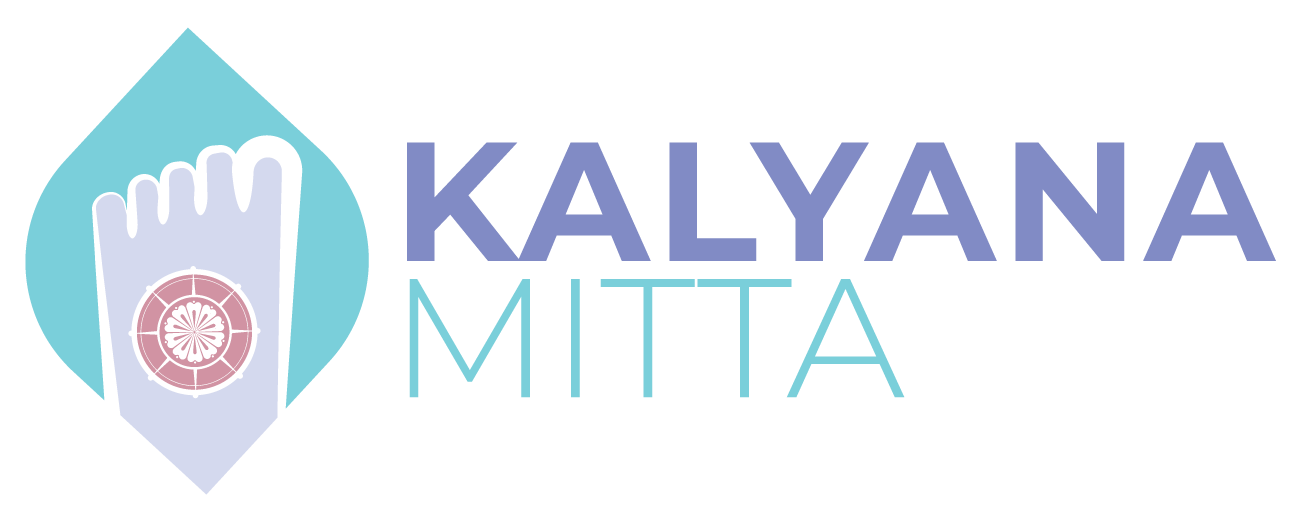I started reflecting on the theme of this blog the time a friend called last week to ask if I could go and see his father at the hospital right away. His father happened to be a close friend who had battled against cancer for a year. Sadly, he lost that battle and passed away a day after my last visit.
As I dropped everything I was doing that day, I chastised myself for taking some time to relax the previous weekend instead of working on the papers and other tasks I needed to do to beat the deadlines this week. I do not usually rush to hospitals or attend funerals. It’s much too sad for me, and I like remembering people as they were in life. But I have known for a long while now that death is the affair of the living, and knew I had to go. On my way to the hospital, I was therefore anxious about two things: I was going to miss deadlines and will be overwhelmed by all the additional deadlines this week, having given up that time allotted for work; and I could not deal with the impending passing of one whom I thought would be around for a long time still.
It was difficult to see my long-time friend that way, in his deathbed, unable to speak. He was always full of life, and so much fun. I’d known him more than half my life, and he was a refuge. Even when I did not see him everyday, I always trusted that he was just there, and I could always call on him, that we could always exchange stories over beer or a bottle of wine, or over nothing except our own good selves, sharing what bothered us, making life so comic that we’d always end up laughing whatever the case was. He was like a big brother, or a father, that I could always count on. I guess he spoiled me, too, just like he did members of his family and his other friends. One could say he took care of me, in less obvious ways, and that we loved each other, for he knew how to love, as evidenced by the love his sons and his wife give to so many others, including myself. And so this loss is one that I grieve for quite deeply.
I held his hand and told him I loved him, and that everything was going to be alright. We had a good run. He had a lot of fun. He raised a loving family. He need not worry about anything. He could not speak, but his eyes were open, seeming to look at me, and he would squeeze my hand as I spoke to him. I thought about how frustrating it must be for him to not be able to respond, and how lucky we were that we never held back in our friendship. He was one person who knew the proper way to hug, and he hugged a lot of us—and so often, too—in his lifetime. I was grateful for him. I just thought that we wouldn’t lose him so soon. He was always strong. Always present. Perhaps, I was still in denial then, that now I realize, I never told him goodbye.
Death was one of the reasons Prince Siddhartha started reflecting on the transient nature of life, leading to his enlightened insight that everything changes even though some things change ever so slowly that we mistake them to be permanent and get attached to them. Death, on the other hand, is one of the most obvious manifestations of change, and that is why it is devastating to us. Our attachments leave us in grief. We suffer our loss, and find it difficult to be comforted because the absence of one who passed leaves a void that will never be filled up again. But then, again, death is the greatest reminder that everything devolves into nothingness. The absence it causes allows us the opportunity for sobriety from our intoxication with presence, although the process always proves difficult.
It is this character of death that reminds us of what I believe is one of the most significant teachings of Buddhism: that all we have is the here and now. Here and now is where eternity is. If we miss it, we miss it forever. When we worry about the future, or we regret the past, we miss it. When we hold back because of so many inhibitions, we miss it. When we spend it in anger, we miss the opportunity to love. The only way to really live is to be always in the here and now. If we don’t, everything will always be too late.

I have therefore decided to rethink this thing called “deadline.” I have been accused of being a workaholic, and I have to admit that I do suffer a form of it. It is not that I love to work. In fact, I hate working. But I work, and I work on tasks as soon as possible, because I want to free myself from work in order to do the things I enjoy as early as possible. But what I realized after decades of working is that work never ends. Once I finish a task, there is always something new that will come my way, with a new deadline to beat. Even the idioms involved—beating the deadline—are violent and morbid. And yet, we let our lives be ruled by them. As I said earlier, I was scolding myself for taking more time off from work these days than I used to, because I was not able to prepare for other events that might take time from work and cause me to miss deadlines. But I’ve decided not to regret them. For one, it’s in the past and I cannot ever do it over. More importantly, I spent the time doing things that have always been my lifeline—engagements that allow me to remain sane amidst all the chaos in the world. If I stay away from these activities too long, my psyche always goes haywire. They feed my inner life. They heal me. They enrich my world and my relationships. They are what gives me joy in life. I will now do my best to be busy more with lifelines rather than deadlines. It is a challenge. I will fail a lot, but I will keep on trying. For at the end of the day, everything else becomes inessential. They are either in the past or in the future. What matters to me now is whether I spend my here and now in joy (Buddhist mudita).
I think my dear friend spent his life this way. I know he had so much to deal with at work, but he was more likely to sit with his family in the evenings, exchanging stories or watching TV together, than work on tasks for the next day. To me, he always had that devil-may-care attitude that made people describe him as being “so cool.” He loved well and was loved well in return. When he passed on I started telling friends and family I love them. I know that I must have sounded strange to those who do not know me well, and I know I have caught some of them off guard and most probably embarrassed them. But I do not care. What this loss has taught me is that it is most important that I am able to give the message. I don’t want to wait until I can’t speak anymore to tell people that I love them. There are all sorts of love, but all of them is love. We can never wear that word out. We can only enrich it. So we must not be afraid or embarrassed to say it over and over and mean it.
So as I end my reflections, triggered by my grief over the loss of a close friend, I would like to say: to all the friends and family who are in my life right now, I do love you. To friends I have not seen in a long time, I send my love to you, wherever you are. To former friends from whom my active love had to be withdrawn, I am grateful for the opportunity to give you love in the past and hope that you treasure the love that you receive now from others, for it is precious. And to those who I am too weak still to find lovable, I trust that love finds you through some other path and gives you joy.
Leni Garcia, MA, PhD works as a professor of Philosophy but lives as an artist-advocate for creativity, gender- and religious-inclusivity, pluralism, and environment care. When not trying to form deep connections with gentle, sentient beings, she pushes paint on paper, dances, and recycles odds and ends that can be recycled. Her favorite term-break activity is marathon-watching movie- and cartoon-series with her daughter.
